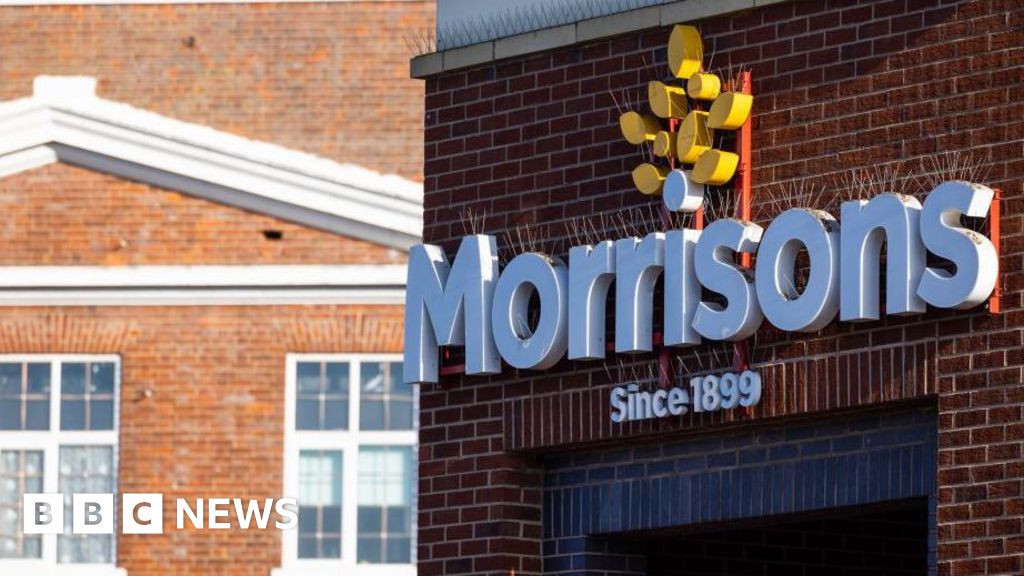Startups that didn’t raise cash from venture capitalists in recent years might be in a better position to control their future with a potential recession looming.
That’s the take from Brett Goodwin, a longtime Seattle tech exec who has worked through previous economic disruptions. He was a general manager at RealNetworks during the dot-com crash, and led marketing for enterprise startups amid the Great Recession.
Now he’s an early-stage startup founder, heading up a new company called Virtual Value that generates custom research briefs for meetings with prospects.
Goodwin launched the company in September and built its initial product with a few employees and no outside cash. He isn’t following a fixed timeline or certain expectations set by investors.
“When you take funding at an extremely early stage, you end up making some different decisions that are hard to unwind,” Goodwin said.
Hundreds of startups have already laid off employees as venture capitalists are advising company leaders to cut expenses and extend their cash runways amid fears that the current downturn could get worse.
“I’d be instructed by investors to cut back, and the people you have to get rid of are the people you care about most and who are your believers,” Goodwin said. “It’s excruciating. Your choices get very existential. And the beauty of bootstrapping is now you’re able to control your own destiny.”
Jamie Nacht, CEO and co-founder of Seattle real estate startup Havium, has also been able to grow his company without outside funding.
“It requires founders to be incredibly diligent with their limited resources,” he said. “In my experience, that’s a learned trait that can play a big part in how the company operates at scale.”
Goodwin pointed to giants such as RealNetworks and Tableau that got off the ground with little-to-no outside financing.
“You don’t see that as much anymore,” he said. “It’s partly because there has been so much available funding for early-stage companies.”
But the “boom times” of record startup funding and skyrocketing valuations over the past decade may be coming to an end amid reports of a venture capital slowdown already underway.
Virtual Value and Havium show that startups can grow without the help of venture capitalists. Goodwin said founders don’t need gobs of cash to build their companies, pointing to free or near-free cloud tools that can be used to land initial customers and find product market fit.
“There’s never been a more leveraged time for an entrepreneur to be able to do it,” he said of bootstrapping.



















Discussion about this post